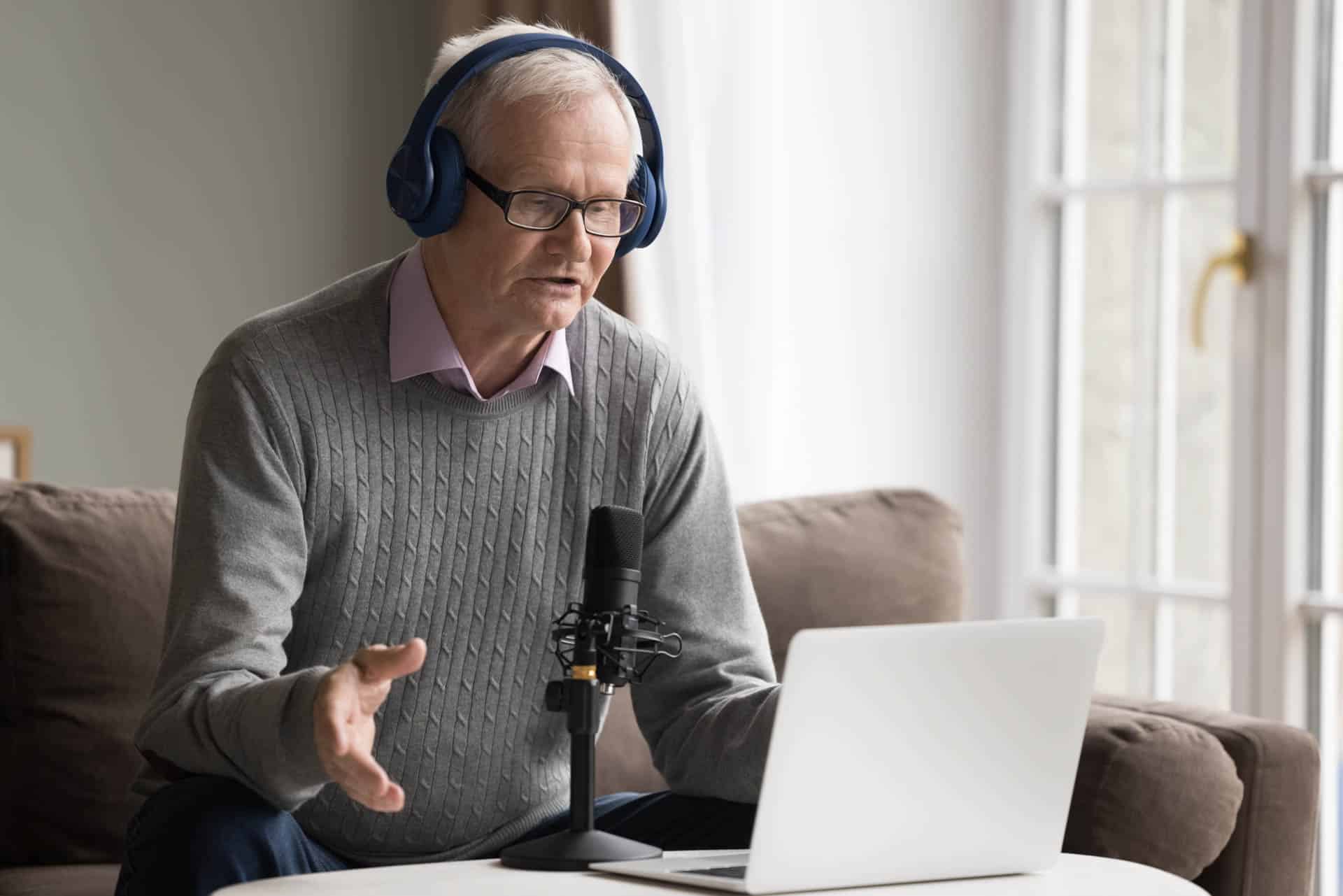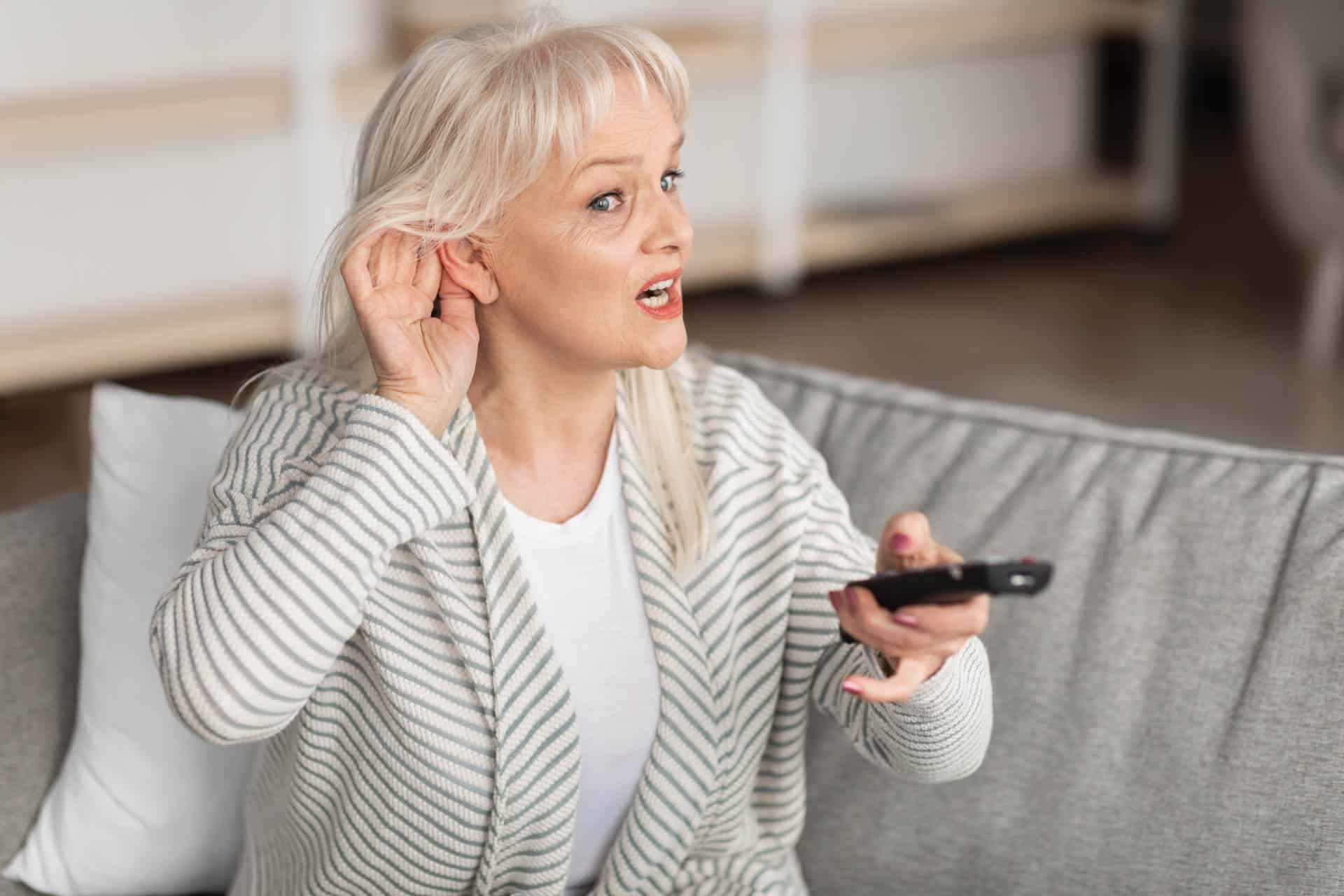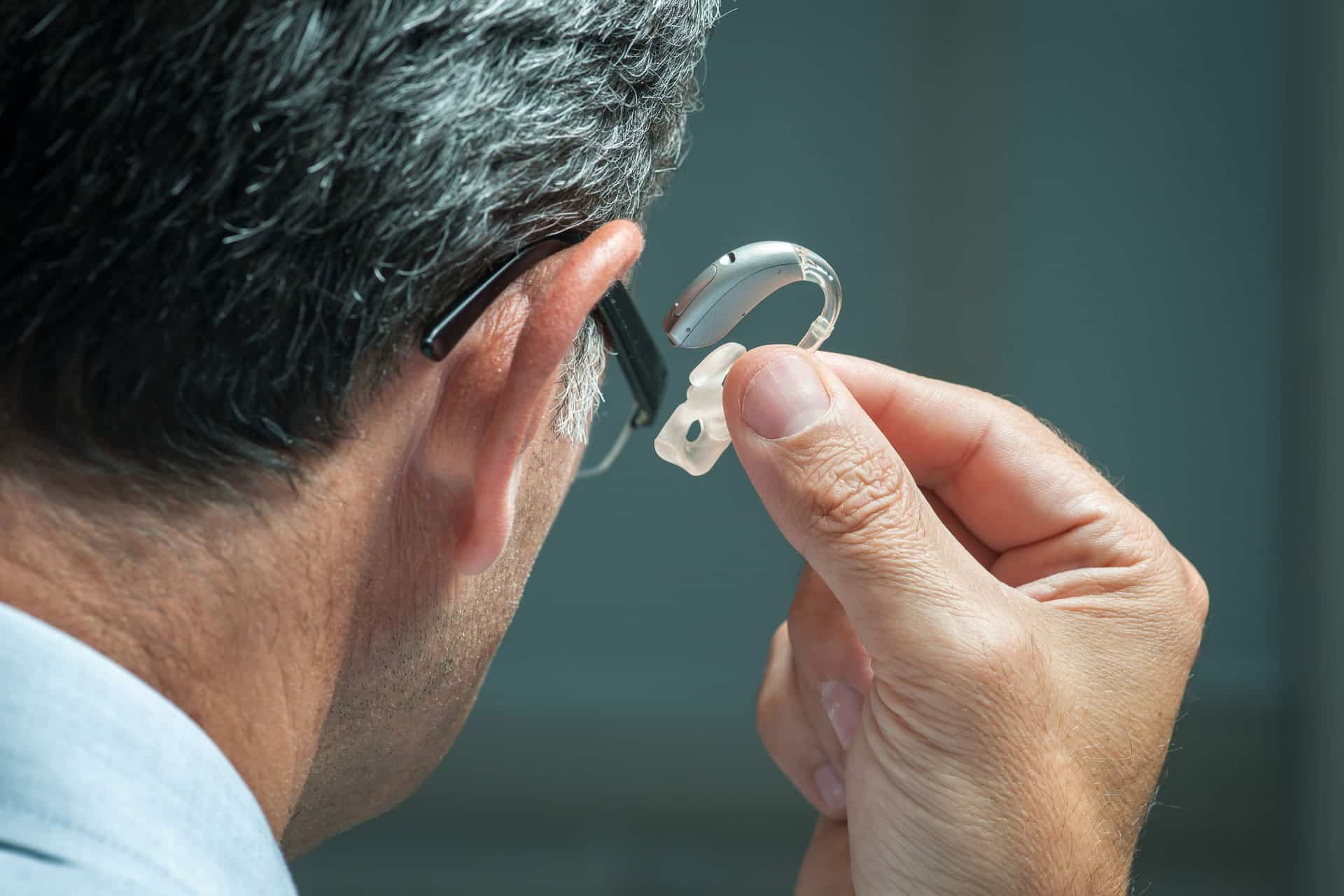Delivery in 2-3 working days
Hearing protection
Our hearing is a miracle of nature - and that is precisely why we should guard it like a treasure. Noise is everywhere and often louder than we think. Hearing protection prevents our ears from being damaged and our quality of life from deteriorating. Because one thing is clear: hearing damage is usually irreparable.
At a glance
When and why is hearing protection important?
Hearing protection is always important when noise exposure is very high. And this is more often the case than you might think. Noise occurs in a wide variety of situations in our lives, from work to leisure activities. And far too often we underestimate the danger of noise, which not only disturbs our peace of mind but can also affect our health, especially our hearing.
Because when we hear, our ear processes the incoming sound waves. If these sound waves are too long or too loud, the hair cells in the inner ear can be damaged. The result can be permanent hearing loss.
As a general rule, noise sources that exceed 85 dB over a longer period of time can permanently damage hearing without adequate protection. Accordingly, you should always wear hearing protection if you are in an environment with a high noise level, i.e. 80 dB or more. For example, earplugs, ear muffs or noise protection headphones are recommended.

Frequent sources of noise in everyday life
The following table provides an overview of various sources of noise and sound that we encounter in everyday life. Decibel (dB) is the unit used to measure the intensity of sound waves or the sound pressure level, which represents the human perception of loudness.
| NOISE SOURCE | DECIBEL |
|---|---|
| Whisper | 30dB |
| Library | 40dB |
| Normal conversation | 60dB |
| Road traffic | 70-85dB |
| Vacuum cleaner | 70dB |
| Hair dryer | 80dB |
| Lawn mower | 90dB |
| Loud music via headphones | 100-110dB |
| Concert/Disco | 110-120dB |
| Chainsaw | 110dB |
| siren at a distance of 5m | 120dB |
| Chainsaw | 120dB |
| Jet | 140dB |
These decibel figures are average values and can vary depending on the device and environment. Furthermore, noise is usually perceived subjectively. Nevertheless, the figures show that most people are exposed to harmful noise much more often than they might think.
What types of hearing protection are there?
We are exposed to noise in a wide variety of situations, for example when we are near construction sites with heavy equipment, walking through busy city centers with lots of traffic and crowds, at concerts or festivals, at work with loud machines and equipment and even at home when we use household appliances such as vacuum cleaners and lawn mowers. Accordingly, there are also many areas of use in which different types of hearing protection are recommended:
- Noise protection headphones: These provide excellent noise protection thanks to their enveloping shape and effective insulation. They surround the entire ear and significantly reduce the influence of external noise. They are particularly suitable for long periods of use in noisy environments and often offer additional functions such as communication technology.
- Earmuffs: Earmuffs, consisting of two sound-absorbing capsules connected by an adjustable earpiece, are worn over the ears. The capsules are usually filled with soft foam or other sound-absorbing material to ensure optimum noise attenuation. This type of hearing protection is often found in industry, where users are regularly exposed to machine noise.
- Earplugs: These small, unobtrusive noise protectors, often referred to as earplugs, fit directly into the ear canal and provide practical insulation for noise protection. They are ideal for occasional use, for example at events or on public transport, and are easy to transport.
- Earplugs: Earplugs or earmoulds are often custom-fitted to provide an optimal fit and maximum protection. They are particularly recommended for users who have difficulty wearing standard earplugs due to their specific ear shape or who need a durable and comfortable solution for regular noise exposure.
What do I need to consider with hearing protection?
Whether on construction sites or at a rock concert - reliable hearing protection plays an indispensable role in environments with high noise exposure. Very important: choose a model that is best suited to your individual requirements. After all, the head protection used on a construction site is fundamentally different from the one you would wear at a concert.
The effectiveness of hearing protection is usually measured by the Noise Reduction Rating (NRR). This value indicates how many decibels of noise are reduced, provided the protection fits perfectly. A high NRR is particularly important in noisy situations.
But all this is of little use if the protection doesn't fit. Hearing protection that does not fit correctly lets too much noise through, which can endanger your ears. It is therefore essential to follow the instructions for use exactly and, if necessary, to consult a professional to fit the hearing protection perfectly. This is the only way to really ensure that your ears get the best protection.
Comfort should also not be neglected: whether earmuffs, earplugs or noise-canceling headphones - hearing protection that pinches or pinches will tempt you to take it off - and that's when your ears are exposed to the full volume again. It's worth looking for products that still fit comfortably even after hours.
Where can you buy good hearing protection?
Many online stores offer a wide range of hearing protection for different needs. On specialized websites for work and safety equipment, you can find a wide range of models and order them directly.
For personal advice and the opportunity to try out different types of hearing protection in terms of safety, comfort and accuracy of fit, it is worth visiting a specialist store. Pharmacies and audiologists also often offer hearing protection and can give you expert advice.
Important: Pay attention to quality when it comes to hearing protection! The right hearing protection is an investment in your health.
What is the best way to protect myself from noise?
As we already know, hearing protection is essential in situations or environments with high noise exposure. There are also other ways to protect yourself from noise in everyday life. Here are a few final tips:
- Close the windows: Especially in busy and noisy areas, closing the windows can be a simple but effective way of keeping out street noise.
- Buy "quiet" appliances: Many household and office appliances are much quieter today than they were a few years ago. Invest in new appliances if necessary.
- Choose quiet routes: Whether on foot or by bike, try to use roads with less traffic if possible.
- Take regular breaks: Give yourself and your ears regular breaks, especially after "loud phases".
- Reduce the volume: Keep the volume of music or TV at a moderate level.
- Take care of your voice: avoid shouting or speaking too loudly in noisy environments - this not only protects your own voice, but also the hearing of others.
- Take advantage of soundproofing options at home: for example, use carpets, bookshelves and upholstered furniture to dampen the sound within your own four walls. Anti-noise gadgets, such as sound-absorbing curtains or wall coverings, can also be helpful.




